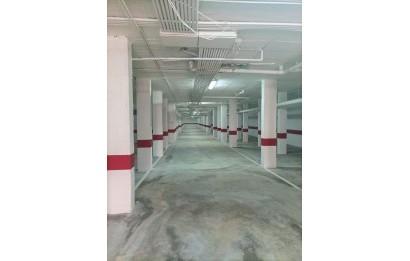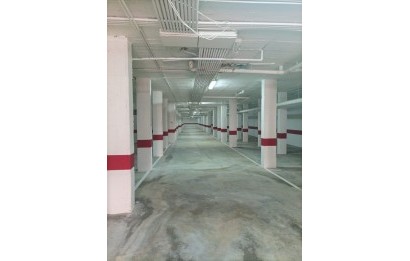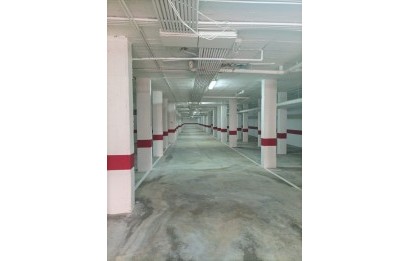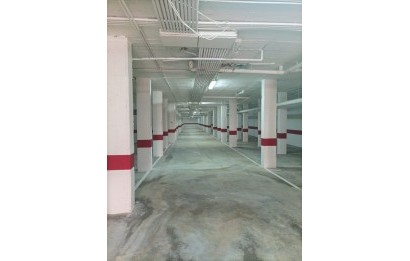House purchases by non-residents

If you are a non-resident in Spain and wish to buy a house, it is totally possible, but there are some key aspects that you should bear in mind:
1. Legal Requirements:
● NIE (Número de Identificación de Extranjero): You will need to obtain a NIE, which is a tax identification number needed to carry out any financial or legal transactions in Spain, such as buying a property.
● Bank account in Spain: To handle payments related to the purchase, such as payment of the property price, taxes and other associated expenses, you will need to open a bank account in Spain.
Personal documentation: Valid passport and, in some cases, proof of income or economic activity in your country of residence.
2. Capital:
● Mortgage for non-residents: If you need a mortgage, Spanish banks offer financing to non-residents, but they usually require a higher percentage down payment (generally between 30% and 40% of the value of the property). In addition, conditions and interest rates may vary.
Ability to pay: Banks will analyse your financial situation, although the borrowing capacity of non-residents may be more limited than that of residents.
3. Purchase process:
● Earnest money contract: Once you have agreed on the price, an earnest money contract (a kind of reservation) is signed, in which you generally pay a down payment (usually between 5% and 10%) of the purchase.
Public deed: The final step is to sign the deed of sale before a notary. This deed is registered in the Land Registry, which gives you full ownership of the property.
4. Additional costs:
● Taxes: When buying a property in Spain, you will have to pay taxes. For a newly built property, VAT will be 10% of the purchase price. For second-hand properties, you will pay Transfer Tax (Impuesto de Transmisiones Patrimoniales, ITP), which in the Valencian Community is 10%, and can vary depending on the autonomous community.
Notary and registration: Notary and registration costs at the Land Registry are usually around 1%-2% of the purchase price.
● Non-Resident Income Tax (IRNR): this tax is levied on property owners who do not have permanent residence in the country.
● Other expenses: One must also consider the costs of the gestoría, the insurance of the property and possible real estate agency fees.
5. Popular areas to buy property in Spain:
If you are interested in investing in a home in Spain, some of the most popular areas for non-residents include:
● Costa Blanca (Alicante): One of the most sought-after areas for international buyers due to its excellent climate, infrastructure and quality of life.
Costa Brava (Girona): A favourite destination for those looking for luxury properties and proximity to the sea.
● Balearic Islands (Mallorca, Ibiza): Known for their scenery and international tourism, the Balearic Islands attract buyers from all over the world.
Madrid and Barcelona: Although prices are higher, these two large cities are still in high demand for both luxury homes and investments.
Costa del Sol (Malaga): A popular destination for its good climate, beach and high quality of life, especially with British and Nordic buyers.
6. Legal advice:
It is essential to have the advice of a specialist property advisor who can guide you through the whole process and ensure that all the legal formalities are carried out correctly.
So that your dream of buying a house in Spain as a non-resident does not turn into a nightmare, you must make sure you follow all the legal steps, consider the additional costs and possibly count on the help of professionals so that the purchase is safe and without surprises.
At URMOSA we offer you the possibility to study the viability of your purchase, and we can guide you through the whole process. Make an appointment with one of our specialised advisors.











 Access agents
Access agents



















